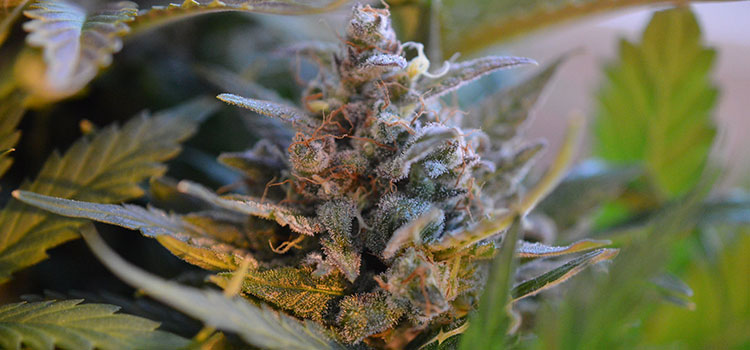If you follow cannabis news with any regularity, you likely noticed the controversial headline, “U.S. Gov’t Will Legalize Marijuana on August 1,” published June 18 by a weekly paper out of Santa Monica, California.
The Santa Monica Observer reported on Saturday that an anonymous attorney for the Drug Enforcement Agency (DEA), with inside knowledge of the situation, disclosed plans by the DEA for the rescheduling of cannabis to Schedule II on the Controlled Substances Act, effectively legalizing medical marijuana in all 50 states. The catch is that patients would require a doctor’s prescription and the product would have to be handled by pharmacies, not dispensaries or caregivers — and it could potentially spell utter catastrophe for the legalized industry.
Cannabis is a Schedule I substance in the eyes of the federal government, with “no currently accepted medical use.” Moving marijuana down one step would put it on the same level as oxycodone, morphine, methadone and other opiate prescription drugs. It is widely-accepted among cannabis advocates, however, that the most ideal course of action would be to remove cannabis entirely from the Controlled Substances Act.
The Observer‘s article has been both cited and criticized by other cannabis publications, including a scathing counter piece by The Daily Chronic that argues professional journalism ought to rely on more than just a single source, speaking anonymously.
In April, the DEA said it would announce its decision about whether or not to reschedule cannabis during “the first half of 2016.” Anticipating the announcement, The Denver Post recently published an editorial by Tom Downey — a regulatory attorney for the Colorado law firm Ireland Stapleton Pryor & Pascoe — in which he proposes a plan for the DEA to facilitate the responsible regulation and normalization of cannabis.
With the final days of June ticking away, the Observer‘s piece could be either an actual leak of privileged information or a ploy to generate discussion and readership, playing off the suspense of waiting for an historically dogmatic and myopic agency’s decision about one of the most hyped progressive movements in decades. In either case, we are expecting a major announcement from the DEA in a matter of days.
Jedidiah Haney, Interim Board Secretary for The Cannabis Alliance, told Ganjapreneur that he had been initially skeptical of the reclassification rumors, but that he didn’t completely rule them out. “Anything is possible,” he said. “The government is playing shadow games.”
According to Haney, a Schedule II reclassification would require an entire re-writing of most legalized states’ marijuana laws, both medical and recreational. When asked whether Schedule II might embolden the federal government into taking action against state-legal marijuana businesses, Haney noted that the government’s current policy of non-enforcement is a result of the Cole Memo, established in 2013, which says the federal government will not take action against state-legal cannabis companies so long as such enterprises are compliant with local regulations.
However: “It’s a memo,” Haney said. “At the end of the day it’s an opinion. That opinion can be fickle and it can be charged to change. But is it worth federally prosecuting all the people that have engaged in the experiment? Probably not.”
Dr. Dominic Corva of the Cannabis and Social Policy Center told Ganjapreneur that he believes the DEA will bring cannabis down to Schedule II, “because that’s a move that’ll be supported by the pharmaceutical … and banking [industries].”
“I just don’t see the DEA being any more progressive than they have to be,” Dr. Corva said. A Schedule II reclassification would remove the federal penalties preventing corporate banks and pharmaceutical companies from entering the cannabis space, and Dr. Corva anticipates that the opportunity to enter the nascent, flourishing market will be seized.
Dr. Corva sees the post-rescheduling marijuana industry as one that will be forced to juggle persisting cultural stigmas about cannabis use against a growing need for a more normalized understanding of the plant itself.
“The work to be done to make cannabis not be perceived as a social threat is extremely incomplete,” he said. “The businesses don’t get that they have to convince the public that this is okay … and they aren’t putting any effort into that.”
For Dr. Corva, whether or not the federal government decides to take action against state-legal enterprises is a less concerning issue:
“The Cole Memo itself, however it will be revised — which I anticipate it will — could loosen things up, but here’s the problem: it’s not just about the feds, it’s about local politics. And it’s about cultural politics. And rescheduling is not going to change anything about either of those — the feds can reschedule, but the states might not. And whatever the states do, their local jurisdictions are going to have to opt in or opt out.”
In any event, we will be watching closely (and anticipate the same from everyone involved in the cannabis industry) for the DEA’s upcoming and undoubtedly game changing announcement.
Get daily cannabis business news updates. Subscribe
End
